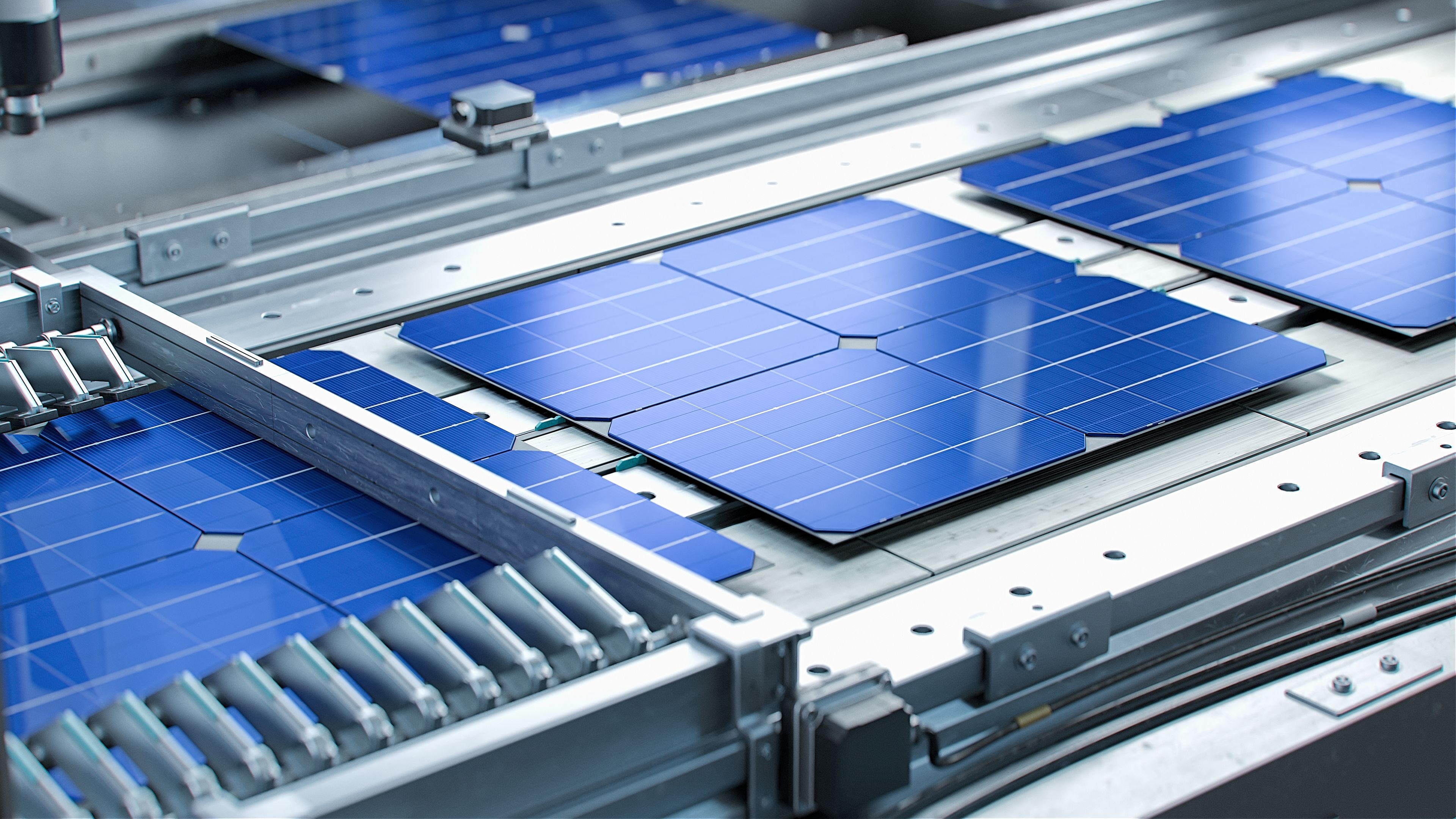European Solar PV Manufacturing: Terminal Decline or Hope for a Rebirth?

While solar photovoltaic (PV) installations are booming in Europe (and in other parts of the world), the local industry is closing down. Over the past two years, the European installed solar PV capacity has been multiplied by two. On the other hand, the remaining European manufacturers of solar PV panels are dying.

Installed solar PV capacities are experiencing an unprecedented increase in Europe: in two years, they have been multiplied by two with 60 gigawatts (GW) added in 2023. However, local solar PV manufacturers are not benefiting from it as the Chinese competition is knocking them down.
Structurally much more competitive, prices of Chinese solar panels have further decreased by 42% in 2023 – making it difficult even for some Chinese companies to survive and forcing many of the remaining European manufacturers out of the market.
This situation fragilizes Europe’s strategic autonomy and decarbonization. Covid-19-like disruption or an aggression against Taiwan would leave the continent without any supply. American manufacturers are also flexing their muscles with the aggressive Inflation Reduction Act.
Europe’s answer, the Net Zero Industry Act (NZIA), a tougher approach to China’s imports and national support measures, could create a new generation of solar PV manufacturers in Europe.

Available in:
Regions and themes
ISBN / ISSN
Share
Download the full analysis
This page contains only a summary of our work. If you would like to have access to all the information from our research on the subject, you can download the full version in PDF format.
European Solar PV Manufacturing: Terminal Decline or Hope for a Rebirth?
Related centers and programs
Discover our other research centers and programsFind out more
Discover all our analysesWater in Mexico: an Emergency that Will Wait
Access to water is already and will become increasingly problematic for Mexican economic actors due to the progressive scarcity of the resource resulting from climate change, a geographical distribution that does not coincide with that of the population or economic activity, and management that has so far been far too lax.
AI, Data Centers and Energy Demand: Reassessing and Exploring the Trends
The information and communication technologies sector today accounts for 9% of global electricity consumption, data centers for 1-1.3%, and artificial intelligence (AI) for less than 0.2%. The growing energy demands of cloud services first, and now AI workloads (10% of today’s data centers electricity demand), have exacerbated this trend. In the future, hyperscale data centers will gain shares amongst all kinds of data centers and AI will probably account for around 20% of data centers electricity demand by 2030.
Unlocking India’s Energy Transition: Addressing Grid Flexibility Challenges and Solutions
India is rapidly scaling up its renewable energy (RE) capacity, adding 15–20 GW annually, but the ambitious goal of 500 GW of non-fossil capacity by 2030 is at risk unless the pace accelerates.
Europe’s Black Mass Evasion: From Black Box to Strategic Recycling
EV batteries recycling is a building block for boosting the European Union (EU)’s strategic autonomy in the field of critical raw minerals (CRM) value chains. Yet, recent evolutions in the European EV value chain, marked by cancellations or postponements of projects, are raising the alarm on the prospects of the battery recycling industry in Europe.










